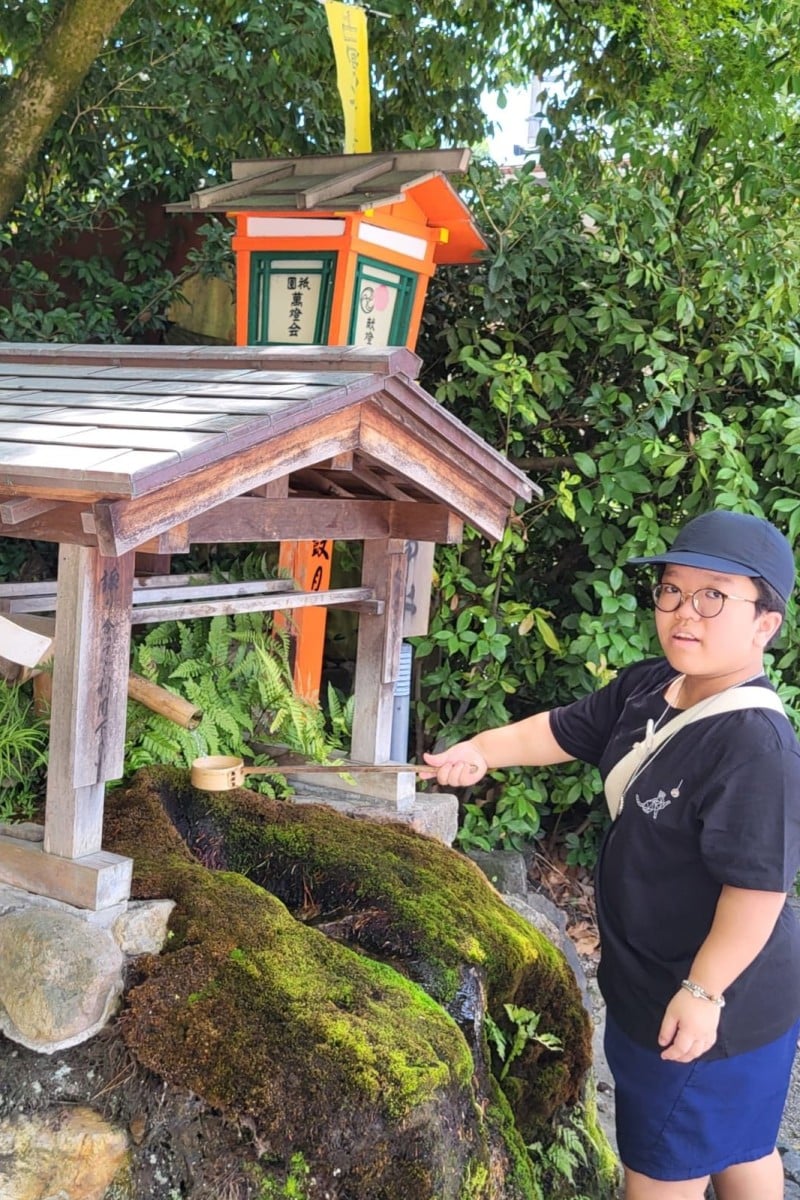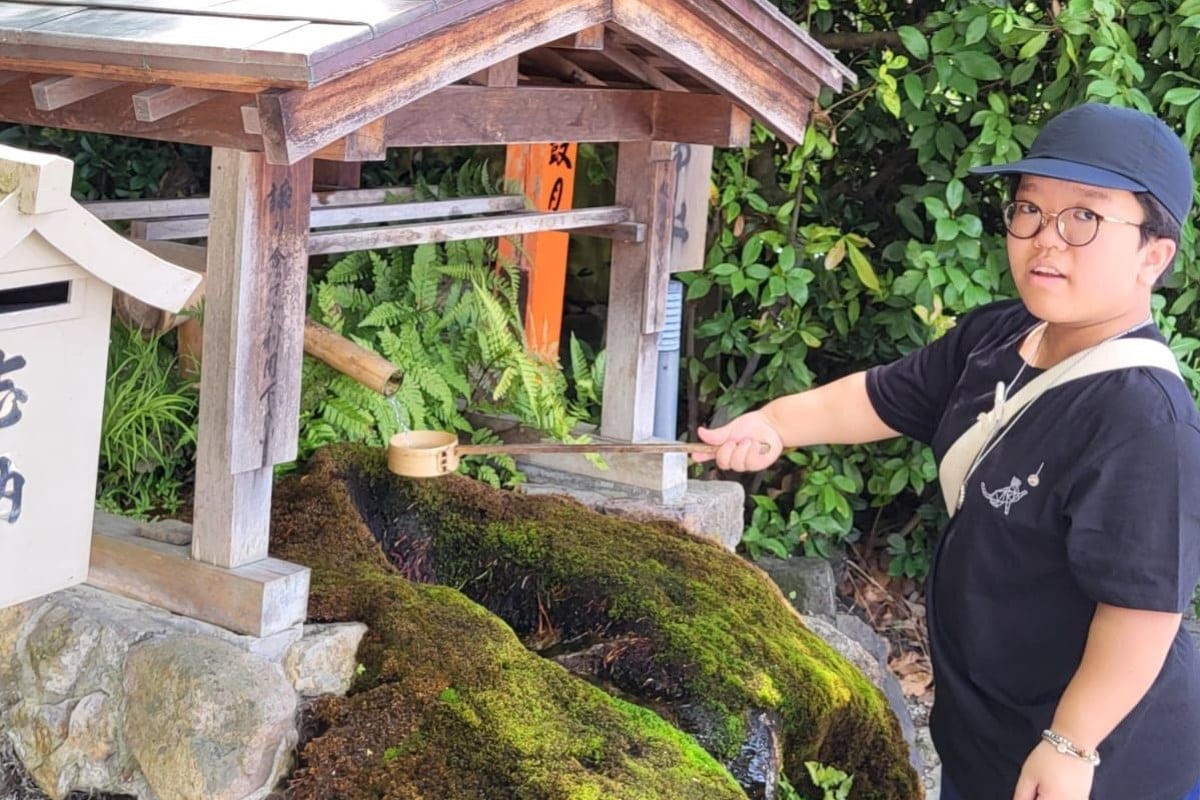
Children with dwarfism explain what they want Hongkongers to know about their condition
17-year-old Josie Tang and 6-year-old Novah Macalligan are members of the Little People of Hong Kong community.
 Josie Tang was born with achondroplasia, the most common form of short-limbed dwarfism. Photo: Handout
Josie Tang was born with achondroplasia, the most common form of short-limbed dwarfism. Photo: HandoutJosie Tang Tsz-kwan was born with achondroplasia, the most common form of short-limbed dwarfism. People with this condition usually have shorter legs and arms.
When Josie was 12 years old, a stranger said she was to blame for her short height and the difficulties that came with it.
Josie, who is now 17, said she was “shocked” by the stranger’s comment.
Besides facing rudeness from others, Josie also has some daily struggles from her condition. For example, Josie cannot play basketball with her friends at school or go on her favourite Disneyland ride.
But the teen is positive. She said this was because of her parents and their Christian faith.
“[My parents] told me that this is a gift from God,” Josie said. “These are the challenges he gave me that I need to overcome, but that will not make me feel sad.”
Thankfully, Josie’s friends at St Mark’s School understand her condition.
“Even if you don’t understand [why I am short] ... you still need to respect that in this world, everyone is different,” Josie said.
Little People of Hong Kong
Josie also has support from the charity, Little People of Hong Kong.
The group is a supportive community for people with dwarfism. It also teaches others about this condition and fights for little people to have the same opportunities as everyone else.
The charity was founded in 2014 and now has about 40 families. It organises small and large events, as well as fundraising activities. In October, it plans on celebrating Dwarfism Awareness Month.
Josie enjoys attending the events and meeting people like herself.
“I can know more about the people who are older than me and have the same condition – how they faced challenges when they grew up,” Josie said.
The teen is also excited to share advice for younger little people.
Josie, whose dream job is teaching Chinese history, said, “Your ability is not limited by your appearance ... What’s most important is you need to trust yourself [and] love yourself.”
Everyone is special
Six-year-old Novah Macalligan has also attend many events from Little People of Hong Kong.
Novah was born with cartilage hair hypoplasia, a form of dwarfism. It causes her to have a small body, and if she gets sick, it can be dangerous for her.
Novah’s mother, Cruzanne, teaches her daughter about self-love and self-advocacy. For her first day of school, her family helped her make a video explaining her condition.
“I never told anyone [about my dwarfism]. Then, I practised and practised and practised, and I made a big video,” Novah explained. “Then, we all watched it on the first day of school.”
Novah’s time at school has been positive, but she still hears mean comments and experiences bullying at times.
She has learned to stand up for herself. When people call her a baby, she tells them: “I am not a baby – I have dwarfism, which means I grow differently.”
Like Josie, Novah sees her condition with positivity, thanks to her family’s support.
Cruzanne said: “They might be small, but they should still have access to the same opportunities.”
The mother explained that Hong Kong could be more inclusive of little people by adding stools to sinks, creating more ramps and making automatic doors.
“Even though you are different, it doesn’t mean you can’t do [the same things],” Novah said. “Everyone is special in unique ways.”
bullying 欺凌
being mean to another person
facing 面對
to deal with a difficult task
faith 信仰
a certain religion
opportunities 機會
circumstances that make it possible to do something
overcome 克服
to get past something particularly tough
rudeness 無禮
being offensive or not polite
supportive 支持
giving encouragement or help
upbeat 積極的
full of hope and happiness
